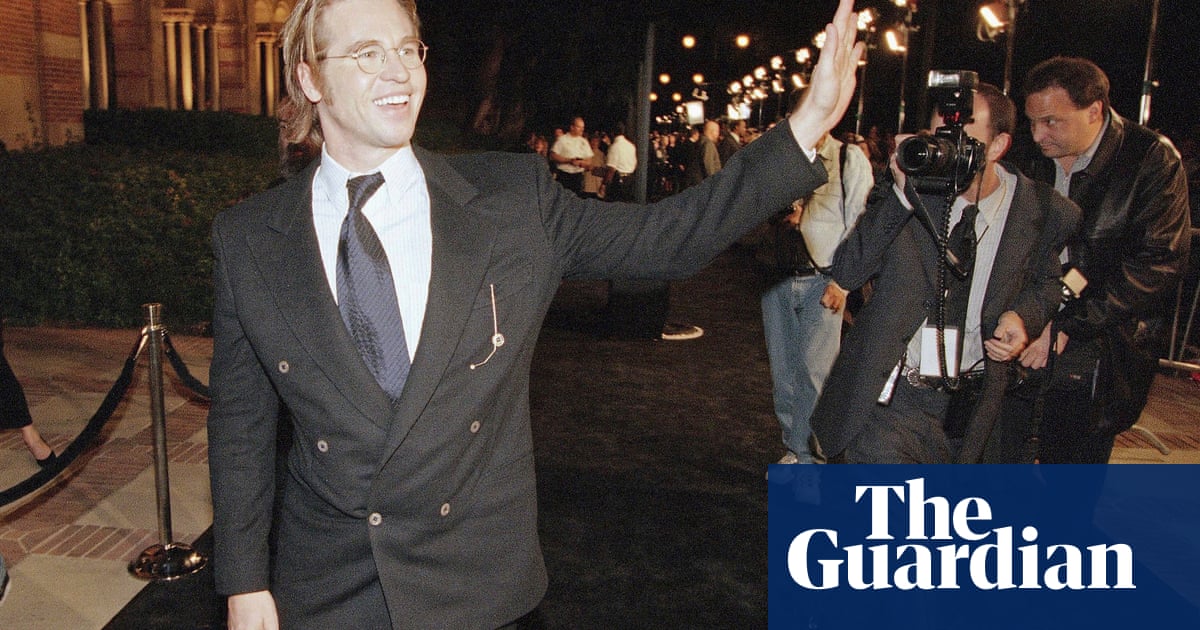JPMorgan: Trump’s tariffs since 1968 can turn the biggest tax hike and the world into stagnation

President Donald Trump’s new tariffs are currently the best analysts alarm in the global economic view. JPMorgan significantly increased the stagnation forecast significantly, now estimates the chance of a 60% decline. Investment Bank warns that tariffs are a ‘time bomb’, which is inevitable with retaliation measures from global trade partners, and is prepared to carry the burden of the rising import prices of American consumers.
‘Blood will be’: JPMorgan warns the historical tax burden
In a sharp research note ‘There will be blood’JPMorgan’s chief economist Bruce Kasman and his team said that the 22 -point tariff increase this year is the most important tax hike since 1968.
Note warned that the impact of this tax hike will probably be enlarged – retaliation, a slide and supply chain cuts in the US business sense, ”he warned. ‘Shock is probably moisturized in a modest way by encountering flexibility tariffs for more fiscal policy alleviating.’
According to JPMorgan, tariffs are expected to bring about £ 540.86 billion ($ 700 billion) to US consumers – according to President Lyndon B. Johnson’s 1968 Revenue Law to finance the Vietnam War.
This last forecast points to the second time in just five weeks that JPMorgan revised the 2025 view. Analysts admitted that the Trump administration was surprised by the ‘radical’ policies, especially by the comprehensive import tasks announced about what the president calls. ‘Day of Liberation’.
Tariff walks can cut GDP, reflecting the Great Depression
JPMorgan’s economists now believe that even the scale of these tariffs exceeds 1930 Smoot-Hawley TariffAnd make sure that the effect of modern supply chains may have more impact due to wide global dependence.
Using the Modeling of the International Monetary Fund (IMF), they estimate that the increase in the US GDP in addition to retaliation from the Chinese and the European Union, as well as 20% US GDP may reduce the US GDP for two percent and global GDP.
Although JPMorgan, although it does not change its official forecasts immediately, stressed that if these tariffs are completely applied and maintained, they will represent a ‘important macroeconomic shock’, which can trigger a full recession in both the US and wider global markets.
Sunday melting: 2,4 trillion £ deleted
After the tariff announcement, US stock exchanges fell. On April 2, the Dow Jones industrial decreased by an average of 1,600 points, while Nasdaq and S&P 500 decreased by 6% and 4.8%, respectively. The losses have been about 2.4 trillion £ ($ 3.1 trillion) at the eliminated market value-which has provided the worst process since the COVİD-19 PANDEM.
In retaliation, China announced 34% tariffs in all US imports and imposed new export restrictions on rare soil elements, which are very important for several high -tech industries. As the movement slowed down, as the growth slowed down, inflation has increased sharply and fueled the fears of stagflation, which further advanced the markets.
Great US financial institutions such as JPMorgan Chase, Goldman Sachs and Morgan Stanley saw the share values of investors for long -term uncertainty.
As global trade is broken, consumers encounter higher prices
Economists now warn that tariffs can increase the US GDP growth by about one percent and increase consumer prices. Inflation can exceed 4%and can erode the household purchasing power at a time when many families are still getting rid of the last life cost pressure.
Global markets are not immune either. The US demand and retaliation tariffs are expected to suffer as long as the export heavy economies in Europe and Asia disrupt trade flows. Diplomaticly, the White House’s aggressive trade strategy can push the long-standing allies to return to new partnerships-which has further reduced the impact of the US on global trade negotiations.
Warning that JPMorgan can bring increasing volatility, slow growth and new geopolitical tensions in the coming months while watching the world’s potential policy reversal or negotiations.




